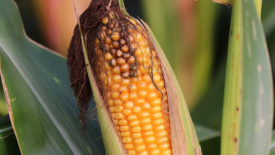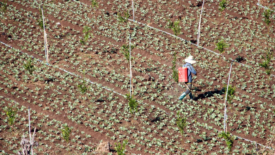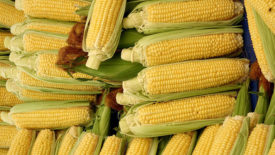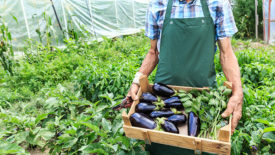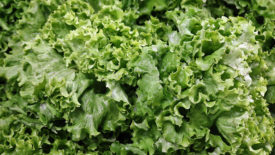Produce
Addressing Misconceptions about Sampling and Testing of Leafy Greens
Manufacturer sampling of leafy greens is characterized by five common misconceptions
June 10, 2022
New Food Sources and Food Production Systems: Exploring the Food Safety Angle
New food sources can help address security and sustainability challenges, but they may also bring unique food safety issues
June 8, 2022
Never miss the latest news and trends driving the food safety industry
eNewsletter | Website | eMagazine
JOIN TODAY!Copyright ©2024. All Rights Reserved BNP Media.
Design, CMS, Hosting & Web Development :: ePublishing

